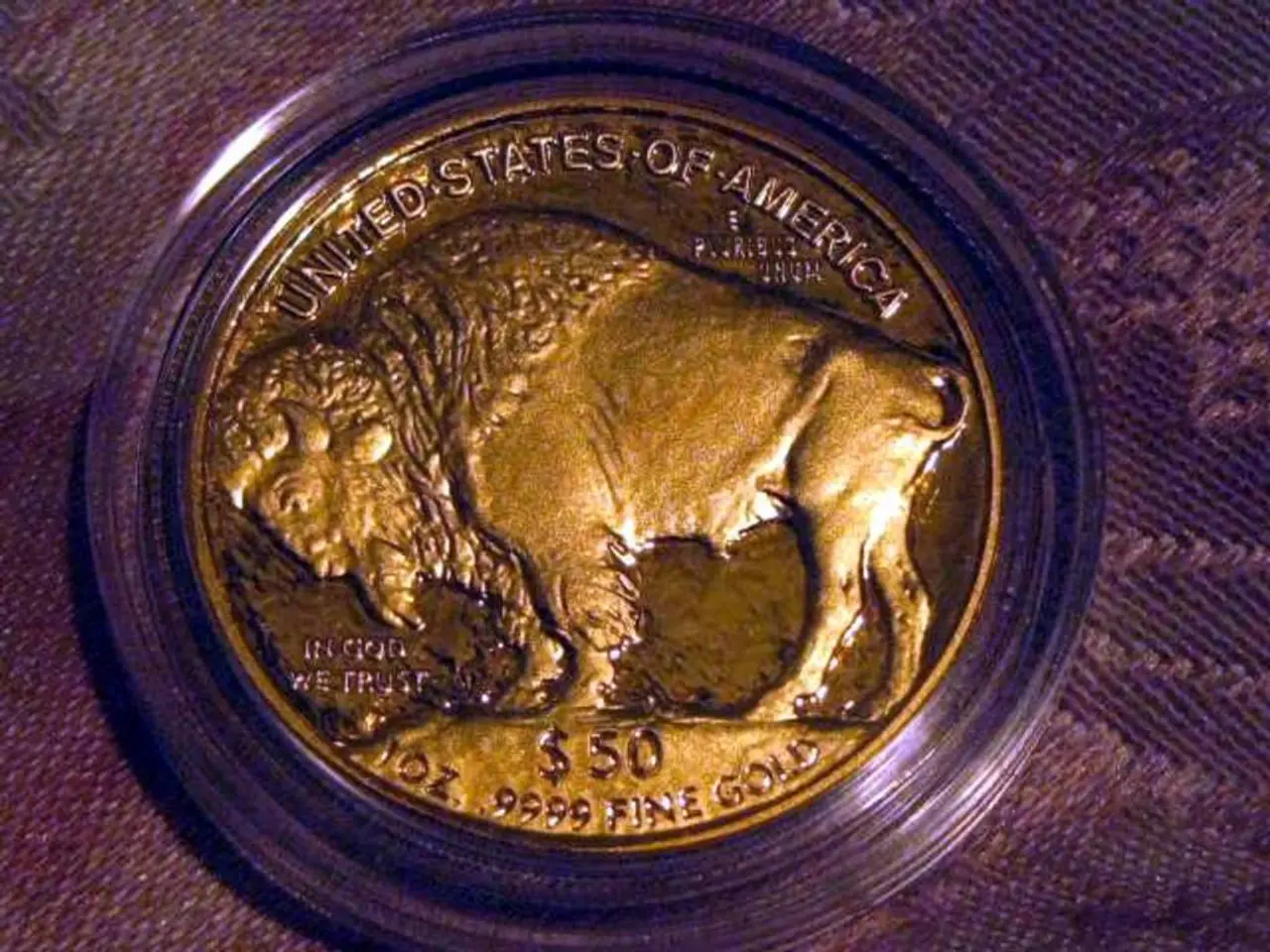Venezuelan authorities have heightened their use of USDT (Tether) as a result of shortages in US Dollars.
In a significant leap, Venezuela has secured the 13th position globally in the 2024 Chainalysis Crypto Adoption Index, following a 110% surge in crypto adoption. This surge reflects broader trends in Venezuelan society, where citizens increasingly rely on digital assets to preserve value amid hyperinflation.
The surge in crypto adoption is largely driven by businesses, who can obtain Tether's USDT stablecoin and either sell the cryptocurrency or use it to pay domestic or international providers. Tether, a leading stablecoin issuer, recently minted $2B USDT in July 2025, marking the largest mint in nine months.
Venezuela's economic struggles are evident in the acute foreign currency shortages the country faces due to US restrictions on oil exports, which traditionally provided the primary source of dollars for the Venezuelan economy. The US Treasury Department's recent restricted license to Chevron, allowing oil exports after a three-month pause, blocks payments to the Venezuelan government, further reducing available dollars for exchange.
State-owned oil company PDVSA has been gradually increasing its use of digital currency and shifting sales to USDT since last year. PDVSA has transitioned to USDT payments for crude sales due to US sanctions restrictions on traditional banking channels. Local analyst firm Ecoanalítica estimates that $119 million in cryptocurrencies, including USDT, were sold to the private sector in July alone.
A limited number of banks in Venezuela are now selling USDT to businesses in exchange for bolívars. However, companies must maintain government-approved digital wallets to receive these USDT transactions. In mid-2024, Tether froze $5.2 million of USDT in 12 suspicious addresses, which were related to the purchase of oil from PDVSA.
The Venezuelan government has allowed increased use of Tether USDT stablecoins for private sector currency exchanges since June 2025. This move comes as companies seeking to import raw materials must exchange local bolívars for dollars generated through oil trade and foreign card transactions, which are then injected into the exchanges by the central bank.
It is important to note that market conditions can change rapidly, and it is encouraged to verify information on your own and consult with a professional before making any decisions based on this content. The cryptocurrency news article aims to deliver accurate and timely information but should not be taken as financial or investment advice.
Since 2019, the Venezuelan government has been attempting to utilize cryptocurrency for payments and circumvent international sanctions. This move towards digital assets underscores the growing importance of cryptocurrencies as a tool for economic survival in challenging times.
Read also:
- Peptide YY (PYY): Exploring its Role in Appetite Suppression, Intestinal Health, and Cognitive Links
- Toddler Health: Rotavirus Signs, Origins, and Potential Complications
- Digestive issues and heart discomfort: Root causes and associated health conditions
- House Infernos: Deadly Hazards Surpassing the Flames








